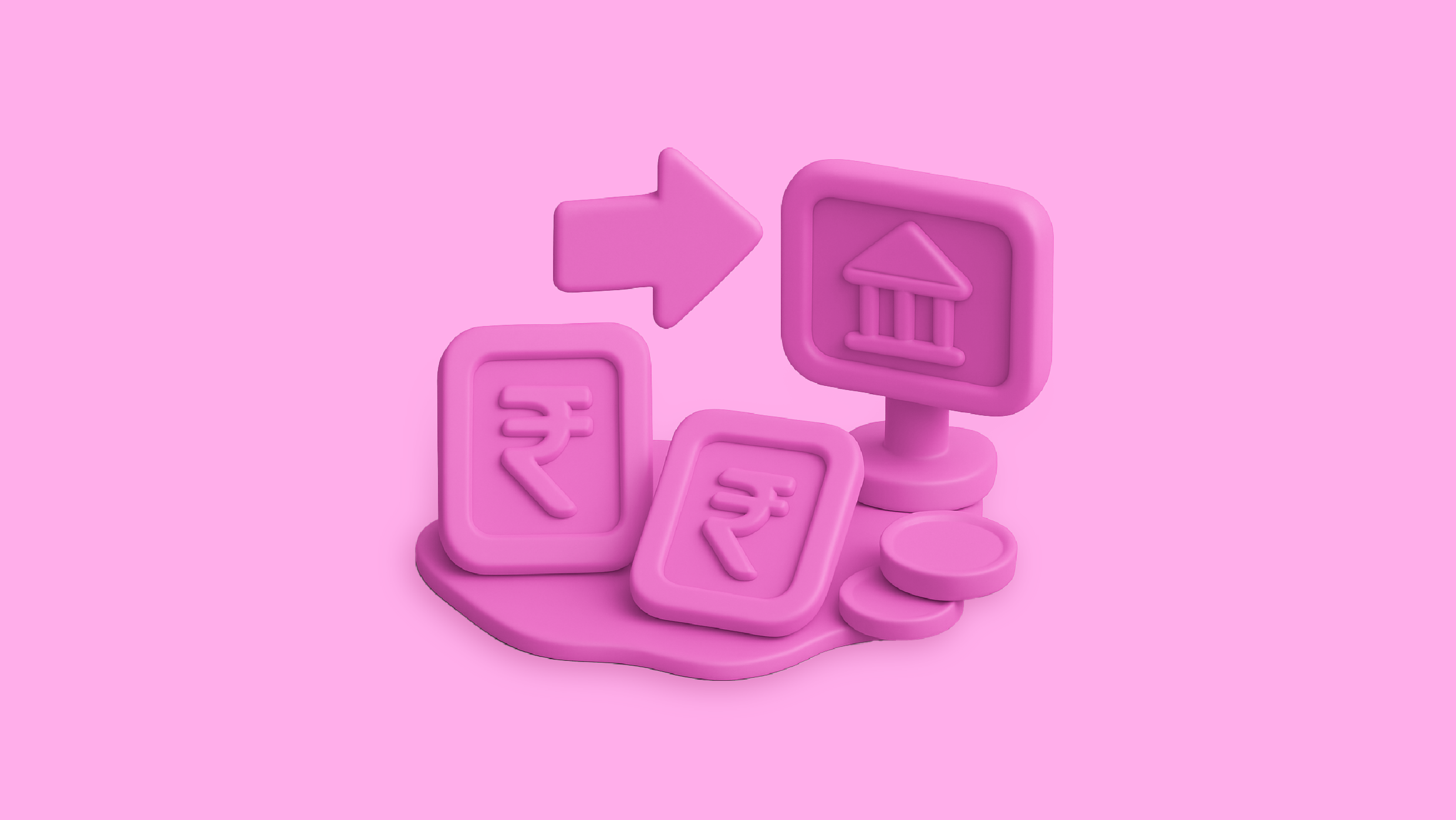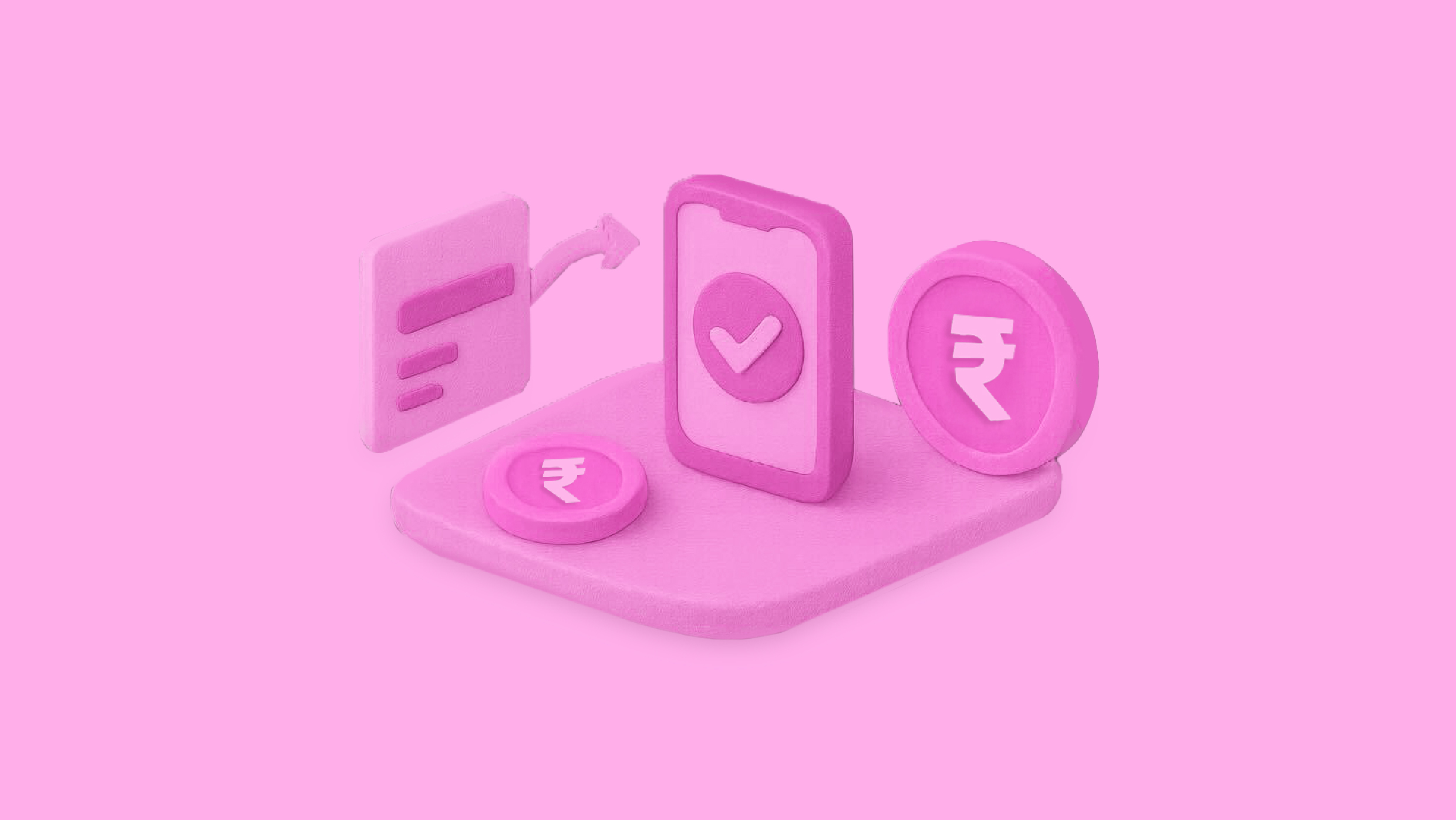In any growing business, handling payouts efficiently is just as important as collecting payments. Whether you’re paying vendors, freelancers, employees, or customers, the way you manage your outgoing payments can impact your cash flow, operations, and trust with partners.
Today, businesses have several options when it comes to making payouts. Each type serves a different purpose, and understanding these differences can help you choose the right approach for your business. In this blog, we’ll explore the four main types of payouts—one-time, recurring, bulk, and on-demand—and how they fit into a modern payout system.
One-Time Payouts
A one-time payout is exactly what it sounds like—a single payment made to a recipient for a specific purpose. This could be a reimbursement to an employee, a payout to a freelance designer, or a customer refund.
These are commonly used for ad-hoc payments where there is no ongoing relationship or regular payment schedule. Since they don’t require much setup, one-time payouts are often handled manually through banking channels. However, as business volumes grow, manually processing even one-time payouts can become time-consuming.
Examples:
- Reimbursing travel expenses.
- Paying for one-off consulting work.
- Issuing refunds for cancelled services.
Key Takeaways:
- Simple to execute.
- Ideal for occasional or irregular payments.
- Not scalable for high-volume use cases.
Recurring Payouts
Recurring payouts are scheduled payments made at fixed intervals—daily, weekly, monthly, or quarterly. These are often used for vendor retainers, salaries, rent, or platform commissions.
Once set up, recurring payouts can be automated, helping you reduce the time and effort spent on repeating the same payment each month. They also reduce the risk of human error or missed due dates.
Examples:
- Monthly salary payments.
- Vendor retainers or subscription fees.
- Regular payouts to service partners or consultants.
Why Businesses Prefer It:
- Ensures timely and consistent payments.
- Reduces manual workload.
- Useful for budgeting and cash flow planning.
To set up recurring payouts, businesses often rely on payment platforms or API integrations that support automatic scheduling. This ensures that payments are executed on time without manual intervention.
Bulk Payouts
A bulk payout refers to sending money to multiple recipients in a single transaction batch. This is particularly useful when you need to process high volumes of small-value payouts, such as cashback offers, commission disbursements, or festival bonuses.
In some cases, even recurring payments like salaries are processed as bulk payouts, especially when a company pays multiple employees together on a scheduled date.
Instead of initiating each payment individually, you upload a list or connect to a system that supports batch transfers. This reduces operational overhead and helps avoid errors.
Examples:
- Disbursing cashback to thousands of customers.
- Affiliate partner commissions.
- Bonus or incentive payouts to employees.
Why It Matters:
- Saves time and reduces costs.
- Streamlines mass payments.
- Minimises the chance of manual errors.
With the right platform, bulk payouts can also be customised to support different bank accounts, UPI IDs, or wallets. Some solutions offer bulk APIs, which make the entire process faster and more secure.
On-Demand Payouts
On-demand payouts are processed immediately or when the recipient requests them. These are increasingly popular in gig economy platforms, marketplaces, or businesses where beneficiaries prefer quick access to their earnings.
Unlike recurring or bulk payments that follow a schedule, on-demand payouts focus on speed and flexibility. This payout type requires infrastructure that supports real-time settlement, which can be crucial in situations where immediate access to funds builds trust and improves loyalty.
Examples:
- Gig worker payouts at the end of a shift.
- Real-time cashbacks for users.
- Emergency reimbursements or advances.
Key Features:
- Instant or same-day settlement.
- High recipient satisfaction.
- Requires real-time payment infrastructure.
In regions where real-time payments are supported via UPI or IMPS, on-demand payouts can be executed quickly. For businesses, offering this flexibility is a competitive advantage.
How to Choose the Right Type of Payout
Each payout type has a specific role in business operations. Choosing the right one depends on a few factors:
- Volume: Are you paying a few people or thousands?
- Frequency: Is the payment a one-time event or a recurring one?
- Urgency: Do recipients need immediate access, or is a scheduled payment fine?
- Cost and Efficiency: Are manual processes slowing you down?
- Compliance: Does the method align with tax and regulatory requirements?
Most businesses use a combination of these payout types. For example, salaries are often processed as recurring and bulk payouts, refunds may go out as one-time payments, and rewards or incentives are typically disbursed through bulk payouts.
Simplifying Local Payouts with Technology
As businesses grow, managing local payouts across different regions becomes increasingly complex. Each location may have its own regulatory requirements, preferred payment methods, and settlement timelines. What works in one area may not be suitable in another.
To manage this complexity, many businesses rely on platforms that support a wide range of payout types—such as one-time, recurring, bulk, and on-demand —from a single interface or API. These systems often allow businesses to automate processes, customise payment flows, and choose from multiple payment modes like bank transfers, UPI, or wallets.
By centralising payout operations, businesses gain better visibility, reduce errors, and simplify reconciliation, especially when handling large volumes or diverse payout needs.
Conclusion
Managing payouts isn’t just about sending money—it’s about doing it reliably, efficiently, and in a way that fits your business model. The four types of payouts—one-time, recurring, bulk, and on-demand—serve different needs, and knowing when to use which can streamline operations and strengthen your partner relationships.
Whether you’re a growing startup or an established enterprise, aligning your payout strategy with your business needs can save time, cut costs, and improve trust with stakeholders. Investing in the right technology and process will only make this journey smoother.Platforms like OPEN help simplify this by integrating payout management into your broader finance and banking workflows—making it easier to automate disbursals, track transactions, and stay in control of your cash flow.





